Just over a year ago I was miserable, working in a toxic full-time job, for a boss who made my life a living hell. He would constantly put me down, criticize me endlessly, and make incessant threats towards me. It was rare that I would not leave work in a flood of tears, believing that I was this ‘worthless, useless, and good for nothing’ employee that he made me feel like I was. After all, when someone tells you that you are not good enough, or what you do is not good enough, you believe it eventually. I wouldn’t go back there for all the money in the world. Why? Because to this day, I am still processing the after-effects of the emotional blackmail, manipulation, and abuse that I faced working for him. It made me question who I was, and my worth, and ultimately, it was a job that I shouldn’t have taken on. Before, I was blogging full-time and loved what I did with a passion. I was writing, creating social media posts, running my own event’s company, and dabbling in photography. It felt like a dream. Yet, I didn’t have financial freedom as a freelancer, because I went straight from a job with little savings, into blogging full-time, and my money quickly ran out.

Financial freedom as a freelancer has never looked so colourful!
I didn’t diversify my income, but I thought I did. After all, I was running a blog, social media accounts, and had an events company. What could go wrong? I wasn’t earning enough, pure and simple. There were days where I would sacrifice eating well, and self-care, so I could stretch my money out for as long as possible. Gradually, I went into debt, and it seemed like an impossible cycle that I couldn’t get out of. It wasn’t that I was ‘carefree with my money’, because I was a ‘careful spender’. However, if you are not earning enough money, even being frugal won’t stop you from going into debt. From 2017 until late 2019, I was working for myself full-time, until I went into another full-time job in the pharmaceutical industry. I was an editor, and a writer, and while I hated the job, and the industry I was in, the one thing that kept me going was having a steady income.
I very quickly realized that money wasn’t everything. Sure I had paid back my debt, and had a constant stream of income coming into my account. But was it worth it? Absolutely not. I was seriously underpaid for the work I was doing, and worst of all, I was being mistreated by my boss, who would laugh in my face when I cried. Even when other collegues would call him out on his behaviour he would gaslight me, saying that he treated me like that because I made him. But the real T is that if you hate your employee so much, then why did you hire them? Why did he keep me around for almost two years, if he hated me. Well, I was his metaphorical punching bag. I was fired in December 2020, and he gave a bunch of bulls**t reasons as to why he got rid of me. But the real reason? He was running his business illegally, and found out that I had reported him to HRMC. Later, when I tried to get my money back, and get the legal documents that I was owed, he made vile threats towards me, and I had to drop the case. Though I was planning to take him to court, I realized that my life, mental health, and wellbeing was far more important than money ever was.
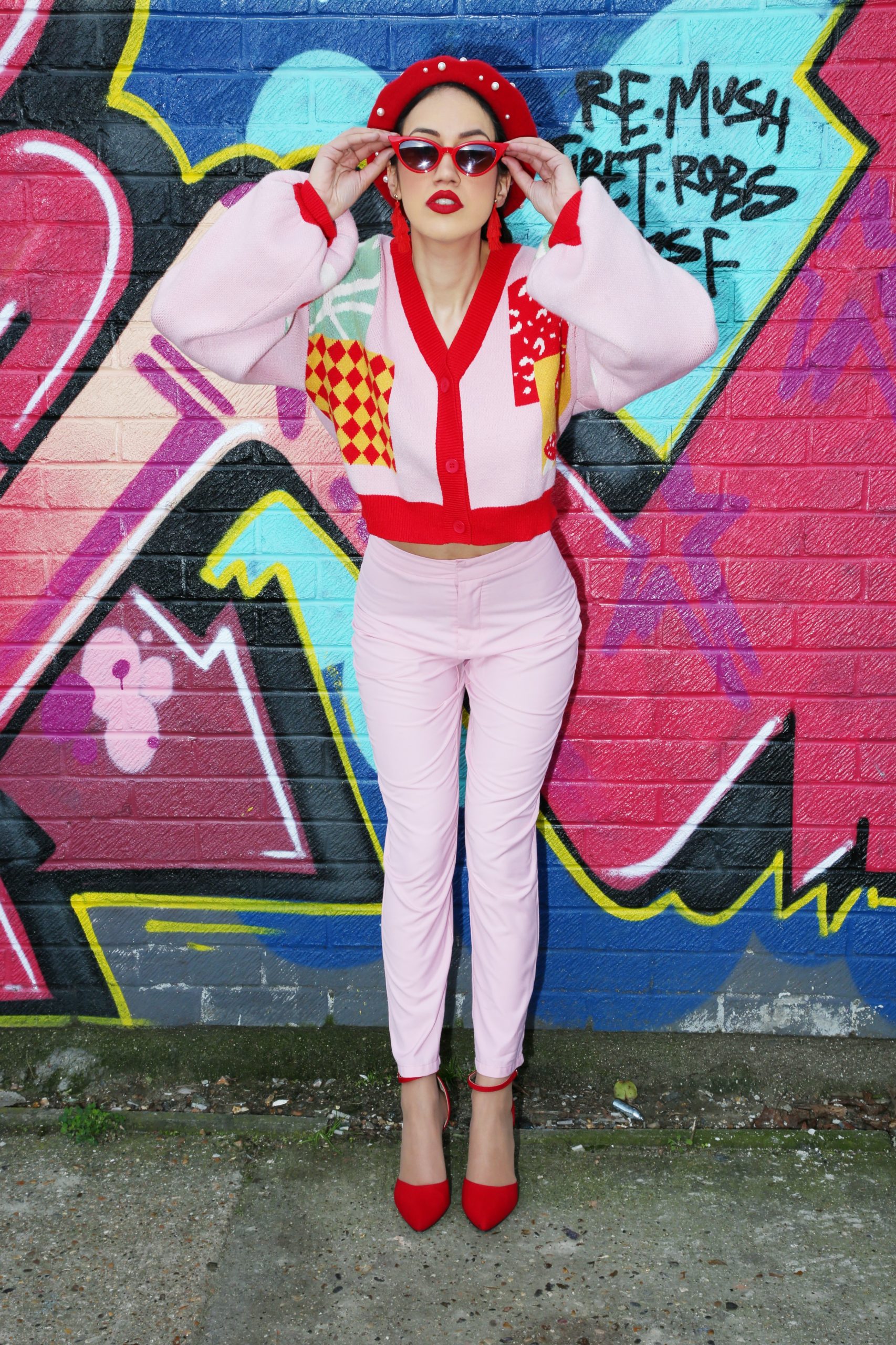
I went into a new job, where my colleagues, and my boss were incredibly lovely. I felt appreciated, wanted, and understood for the first time in a long-time. Yet, something felt off, it didn’t feel right. Again, I was unhappy, and quickly went into a spiral of extreme anxiety, depression, and PTSD. I guess, I underestimated how traumatized I was from my last job. I felt like what I was going through affected my performance, and what I could offer to the company. What’s more, the workload was so intense, that I was working overtime everyday, and it affected me mentally, and physically. I wondered, why, when I worked for other people I was incredibly unsure of myself, and unhappy. I left after a short-time, and began interviewing, and applying for other jobs. I kept saying, I needed the money, I needed it. But it didn’t feel like me.
I realized, that I was at my happiest, and most fufilled when I was my own boss. I loved making money from home, and having financial freedom as a freelancer. Why was I so hellbent on working for someone else, when I could be a bad-ass entrepreneur? It didn’t make sense denying my true passion any longer. Even when I was working full-time, I was still blogging, and doing social media, but now things would be different. I wouldn’t put all my eggs in one basket. Instead, I would diversify my income streams, so I could do what I loved, but still be financially stable. I gave myself until July 2021. If I didn’t find a full-time job, that made me feel genuinely excited to get out of bed in the morning, I would work for myself again. Each time I got a job offer, I couldn’t bring myself to accept it. It wasn’t what I wanted, or what I needed. July came around, and I made a drastic change.
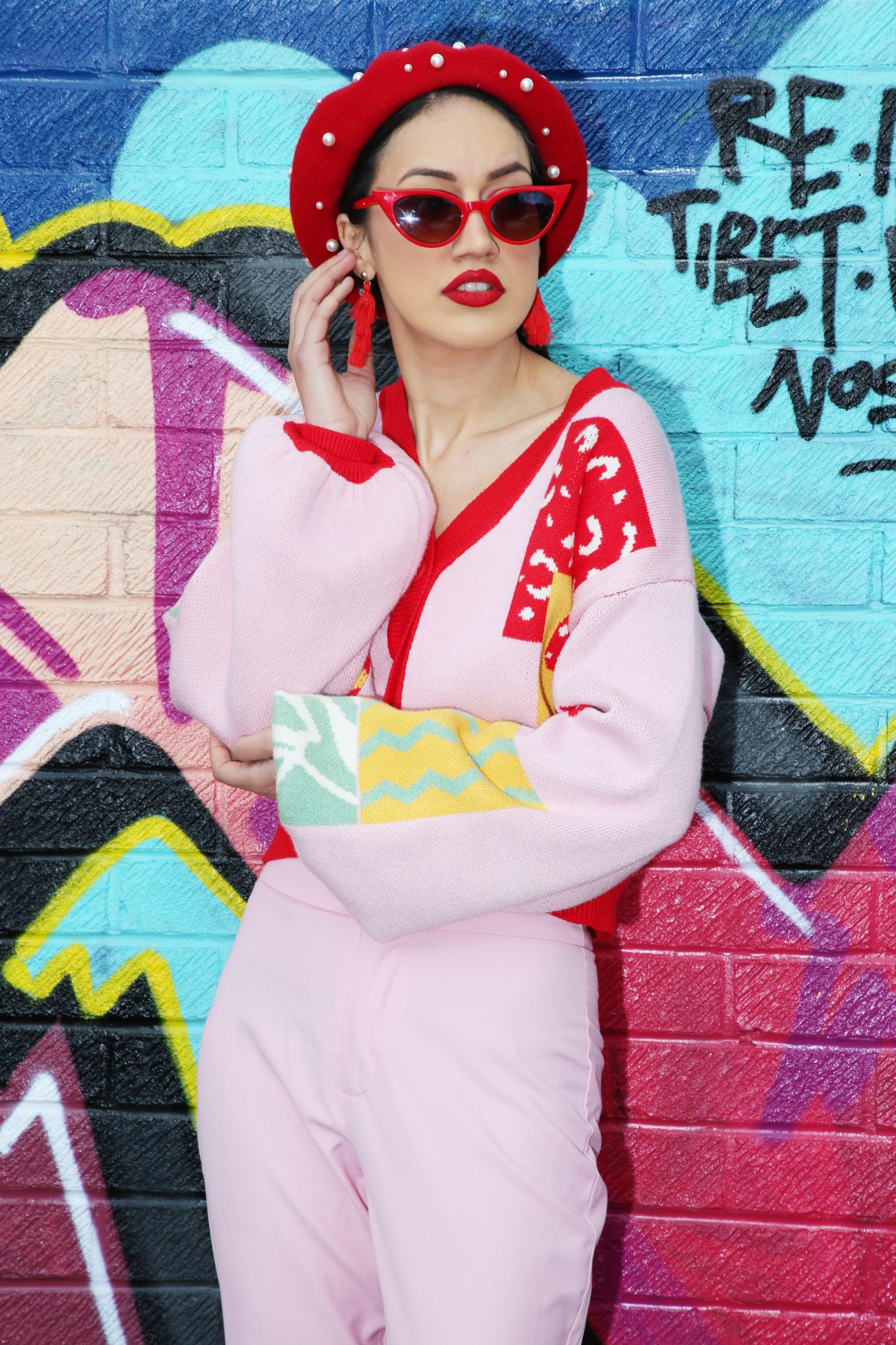
I put myself out there, and blogged full-time, while doing social media. Athough I wasn’t running my event’s company anymore, I dipped my toe into the pool of freelancing, and struck gold. I realized that in order to work for myself, I needed to sell my services as a freelancer, so I wasn’t just relying on blogging for money. So, I tried something new. I became a Freelance Influencer manager for a marketing agency on a temporary part-time basis, which showed me what I could do. From there, I expanded my skill-set, offering freelance writing (copywriting, ghostwriting, blogging, case studies, papers), social media and content creation, as well as influencer outreach, e-marketing, paid advertising, and more. Though I am still learning, nearly a year on, I couldn’t reccomend freelancing enough. Having financial freedom as a freelancer makes me excited to wake up in the morning, and shine!
Although there are ups and downs when working for yourself, there are far more ups. I honestly don’t think I could ever work full-time for someone else again. It wasn’t just that I had traumatic experiences that affected my physical and mental health. There was the constant feeling that I needed to prove myself, and the unhealthy obsession with working myself into the ground. I led a pretty s**tty lifestyle, and neglected my physical, emotional, and social needs, because I underestimated the value of self-care. Although I still find it difficult to balance work, with self-care, and play, I am eating well, living well, and managing my mental health. Sure, I have extreme anxiety, and moderate depression, but I would be a hell of a lot worse if I was working for someone else. I should know, I was there.

Making money from home has given me financial freedom as a freelancer.
But how do you get financial freedom as a freelancer? After all, you earn a different amount each month, manage your own taxes, and have rough spots, where you might not have enough money to pay your rent. Believe me, I have been there, and have worn the T-shirt. I have faced every single issue you could possibly imagine as a freelancer, and am here to tell you how to make money freelancing online, or remotely. From investing in yourself, and believing in the power of you, to saving money, and budgeting, here are 8 ways to kick-ass at freelancing.
Know Your Worth. You Deserve More!
This was my number one mistake, when I blogged full-time. I focused on one outlet, and was surprised when I wasn’t earning enough to support myself. While I was working incredibly hard, and going above and beyond, I wasn’t working smartly. I was priortizing the wrong jobs, and focusing on low-paid work, when I should have been raising my rates, and getting the money that I deserved. I was always so quick to lower my value, and do work for pittance. Not anymore. Though my rate depends on what I am offering, I always take into account how much time the project will take me, the deadline, and the complexity of the work. My rates depend on whether it is a freelance gig, blogging work, or social media creation. My blog of course, has the highest rate seeing as I get a large amount of traffic, rank highly on Google, and I have been running it for years.
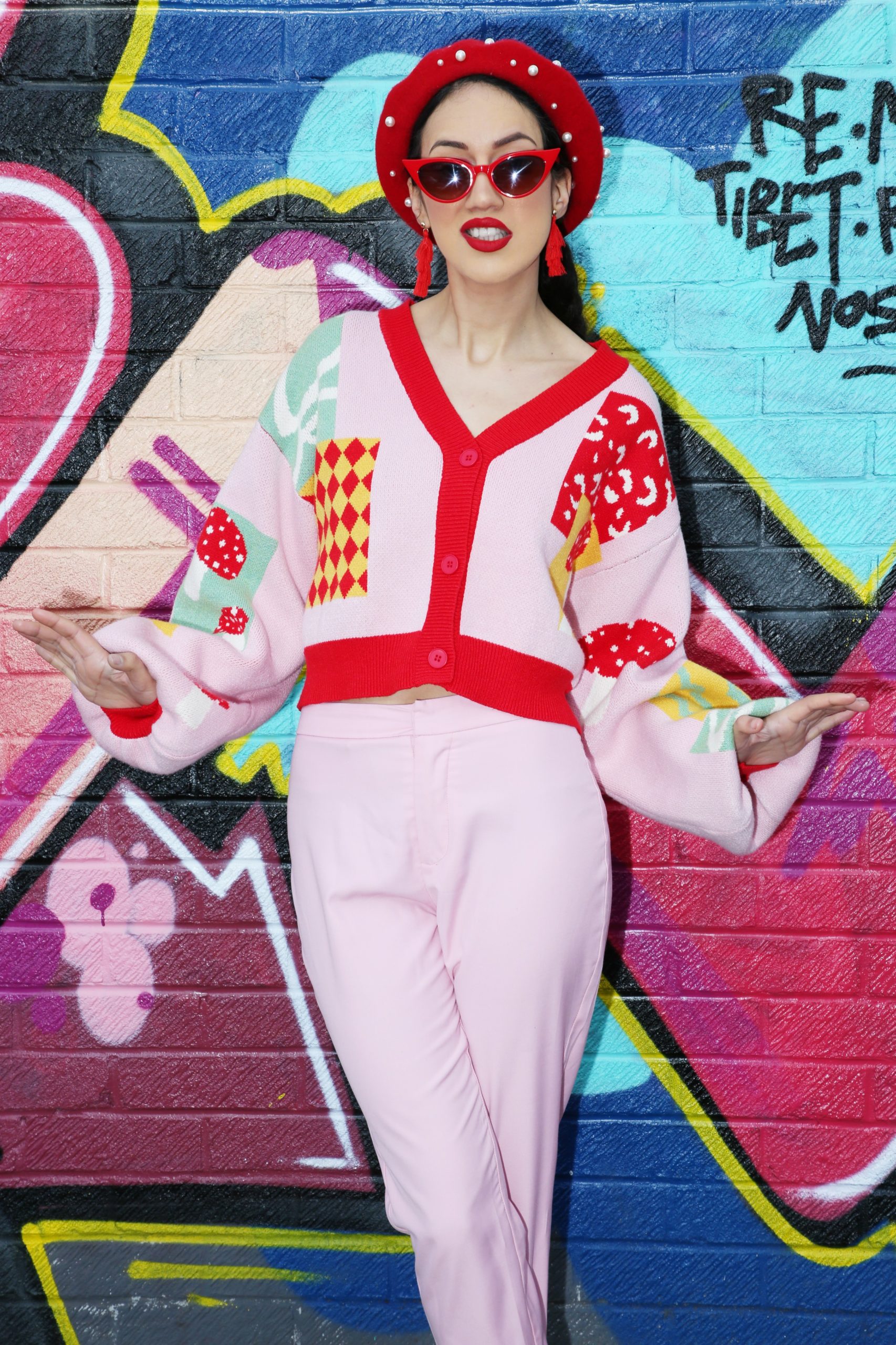
However, to put it into context, whether it is blogging, freelancing, or social media, I will never accept anything below £50. Hell, I usually won’t accept work, unless it is at least £100 across all spectrums. I get that we all have bills to pay, and have our own rates, but just make sure you don’t undersell yourself. Think about what you can do, and what you can offer. Whether you want to get paid an hourly rate, a day rate, a weekly rate, a fixed fee, or on a monthly basis, find an infastructure that works for you. For example, if a large brand contacted me to work together on a collaboration, my preferred rate is at least £500. While I don’t always get that fee, and do negotiate (depending on brand budget), this is what I feel that I am worth. Blog posts involve SEO, writing, editing, copy-editing, marketing and promotion, e-marketing, social media, technical audits, and photography to name a few. When you take all that into account, I am doing a f***king lot.
To brands that say £500 is a lot, I know for some people it is. But for multi-million brands who say that they don’t have budget to pay creators. What gives? You absolutely do, you just don’t want to see the value of influencer and blogger marketing. Like I said, I do earn less than this for blog posts, and have accepted posts for £100+. However I only do this for one of two reasons: If I get regular work with the client, or they are a small business that I genuinely want to support. I try not to undersell myself, but I do understand budgeting limitations. Like I said, that rate is what I prefer. However, I don’t always get that rate. If I did, it would make my life a hell of a lot easier, but unfortunately, there are still so many brands who do not want to pay creators. As we all know, gifting is great, but it does not pay your bills. I do gifted collaborations, but again, it is on my terms. I usually do this when I am doing a round-up, a gift-guide, or again if they are a small business.
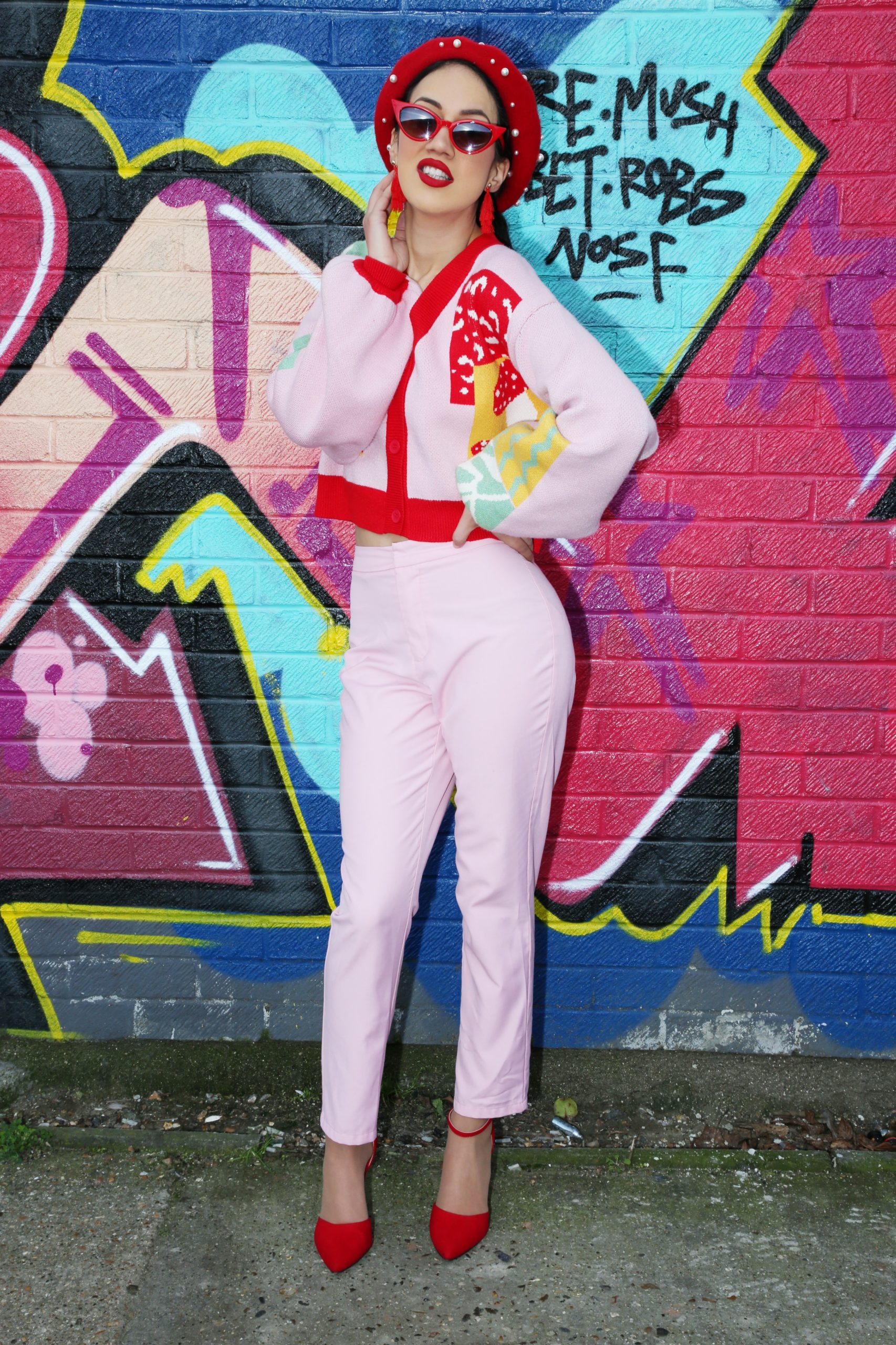
After all, when you are being gifted, you have to declare it to HRMC. If you are not getting paid, being gifted a £10 product, is not going to help your taxes in the long-run. Think about the value of the product, and what it gives you in return. From a Freelance point of view, my thoughts are exactly the same. You need to think carefully about what you are going to offer. Let’s say that you are a copywriter who has been hired by a business brand, to write weekly long-form blog posts, that are heavily SEO optimized. You also need to create original images for them, and must have a keyword strategy as well. Because these blog posts will take some time (due to the research, and technical genre), you must account for that in your rate. When I work with freelance clients on an ongoing basis, I do lower my rate because they offer me weekly work. But again, I still try to show clients the value of my time, and what I can offer. Knowing your worth, can help you find financial freedom as a freelancer big time!
Last but not least (and its a biggie), people better believe that you will get paid what you deserve. I am so tired of brands and companies underpaying their creatives, but expecting them to do 400% more than a traditional employee would need to do. OK, so let me get it straight. You want me to photograph your products, and write a fully optimized SEO article, all while promoting via my social media channels for free? Nah, it’s not going to happen. The sooner that we as bloggers or freelancers know our worth, the more brands will priortize ‘fair pay’ and acknowledge what we bring to the table. Because let me tell you, being a Jack of Trades does not mean you are not good enough to ‘do one thing’. Being a multi-tasker means you are s***t hot at what you do, and have an impressive skillset. In fact, if this was Financial Tinder, everyone would be swiping right on you!

Knowing your worth is important. Raise your costs to meet your needs and create financial freedom as a freelancer.
Diversify Your Income (Don’t put all your eggs in one basket)
I learnt this one the hard way. If you put all your eggs in one basket, 9 times out of 10, you won’t reach your financial goals. After all, as a self-taught hustler, it can be difficult to get a steady income each month. When you don’t have clients, how do you know when you are going to get paid? It’s tough, but diversifying your income stream, is what finally helped me crack freelancing. Now hear me out. Just because you have learnt new skills, and have offered new services, does not mean your income will magically grow overnight. Freelancing takes time, and even a year down the line, I am still learning what does, and does not work for me. Sure, I know the blogging industry. But freelancing is an entirely different ball game.
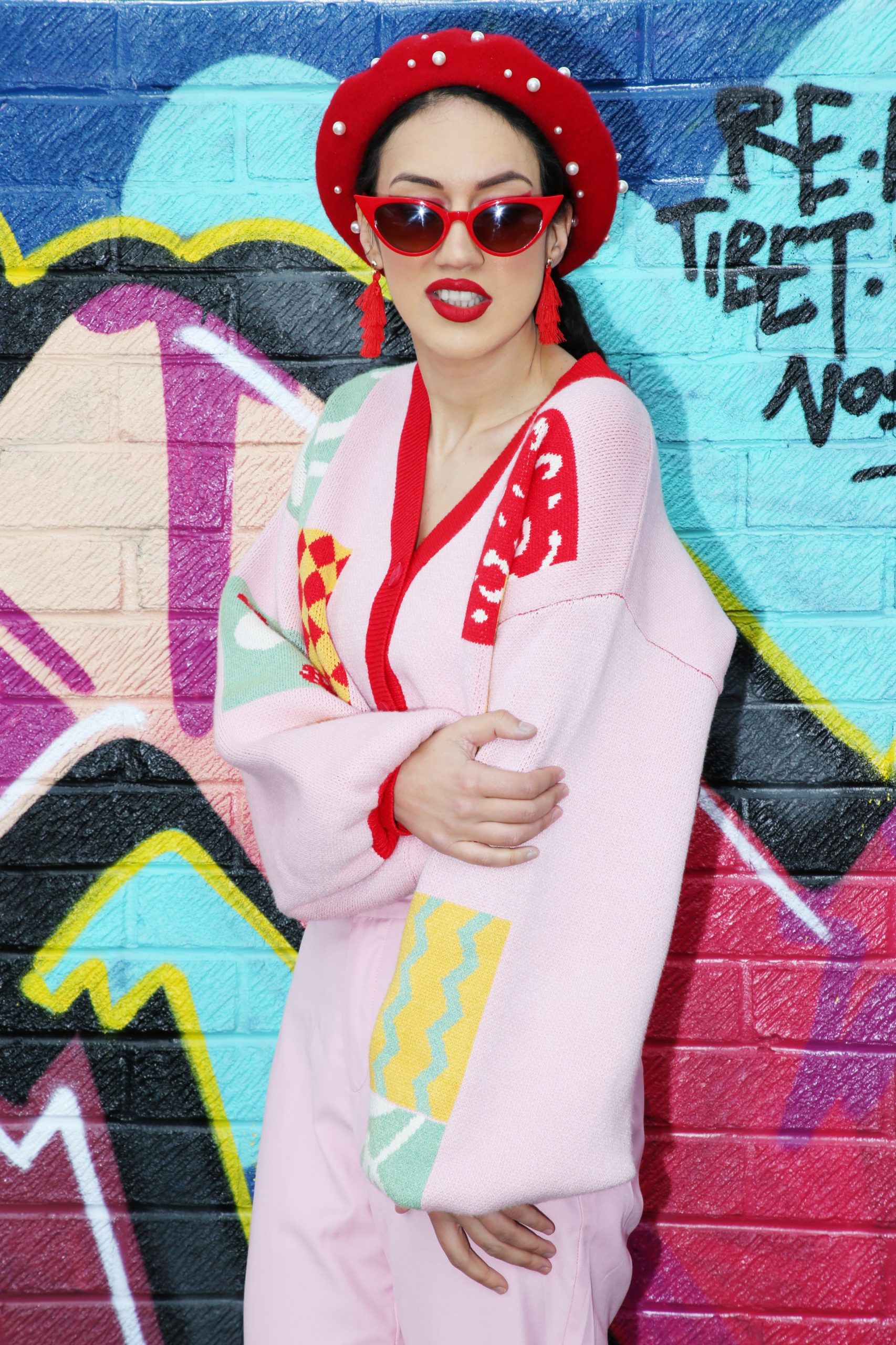
Remember to not rely on just one client. What happens when that client stops returning your emails, no longer needs your help, or has hired someone else. It can leave you in the s**t, which is why you should always have a back up plan. I have several clients as a freelancer (outside of blogging), and am constantly looking for ways to increase the value of my services everyday. To me, this is not purely about money, but happiness too. I was never one who suited a 9-5, and freelancing alongside my blogging and social media (which I see as seperate), has helped me improve my income stream. Now, I am not by any means rich. Far from it. There are many months where I still struggle, especially because I still have that feeling of being that ‘broke girl’ who is in debt. It’s hard to shake off that feeling, but it’s something that I am working on.
But what I am rich in, is fufillment. I feel fufilled because I am finally understanding that I am worth so much more than I thought. I am slowly healing from the trauma of the toxic job, and realizing that I did not deserve to be treated like s**t, because I am a f**king queen. I work hard, and deserve clients who appreciate me for who I am. The people that I work with now, make me feel good. They are endlessly kind, support me, and above all, have shown me that I am good at what I do. It’s not boastful, nor is it bragging. It’s lifting yourself up to believe that you can do anything, no matter what people say.
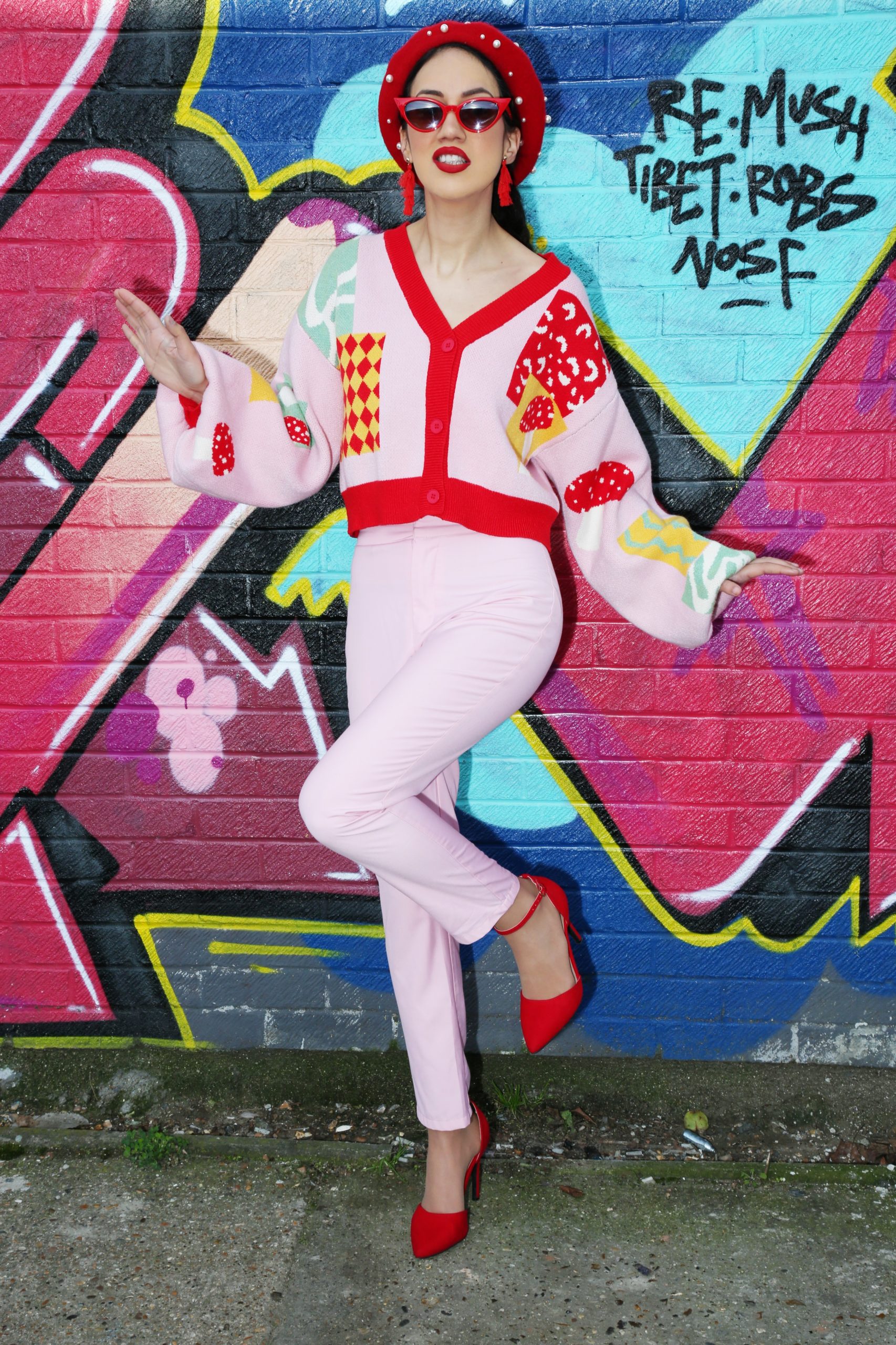
Diversifying your income is important, especially pre-pandemic. You need to protect yourself to guarantee financial freedom as a freelancer.
But how do you diversify your income? Well, think about what makes you sparkle. What are you good at, what do you enjoy, what do you want to get better at? You don’t have to be the world’s greatest expert, but you do need to be passionate about what you do. For me, a natural progression from blogging, was offering writing services including copywriting, blogging, and editing. This is where I get most of my freelance clients from, and is my biggest selling point. Why? Because I love to write, and it shines through the content that I create. I also do specialist writing which I think helps, and have ghostwritten e-books, books, and websites which is always fun. Yet, I realized I could offer more. As well as writing, I do Influencer outreach, social media management, content creation, and strategy. Because these are my secondary skills, I priortize these opportunities less, but it is so handy to have them.
For example, you could be an amazing photographer, but are struggling to make a decent income. As well as raising your rates, you should also consider broadening your services. Are you an amazing editor? You could offer editing tutorials to budding photographers, and create in-person workshops. Or maybe you are a photographer who loves graphic design, and content creation. You could offer marketing packages including stop-motion creation, videography, reels, static posts, and imagery for all marketing materials. Just make sure that you have at least three different income sources. For me I have two main sources: fixed fee work (projects that get a fixed fee), and a monthly stipend (work that gets paid monthly. Alongside this, there is the opportunity for passive income (i.e. affiliate marketing), steady clients (regular and reliable paying clients), and one-off projects i.e. copywriting for a website homepage.

Stay On Top Of Your Taxes
Staying up-to date with your taxes is a must. I admit, I struggled for a while, because finances, and money was never my best subject. Numbers made my head hurt, never mind taxes. It seemed like a minefield. It can be so easy to push-back your taxes, and turn a blind eye, but please don’t do that. The more you let your taxes overwhelm you, the more you let the anxiety of money take over you. Even if you are not financially literate, there is help available to help you manage your money the best way. While I did it on my own for a while, I now work alongside an accountant (aka my partner) to keep my taxes in check. I know it isn’t for someone people, but this is one less thing I need to be anxious about. I am very open with my partner about my finanaces, and we have an open and healthy communication about it.
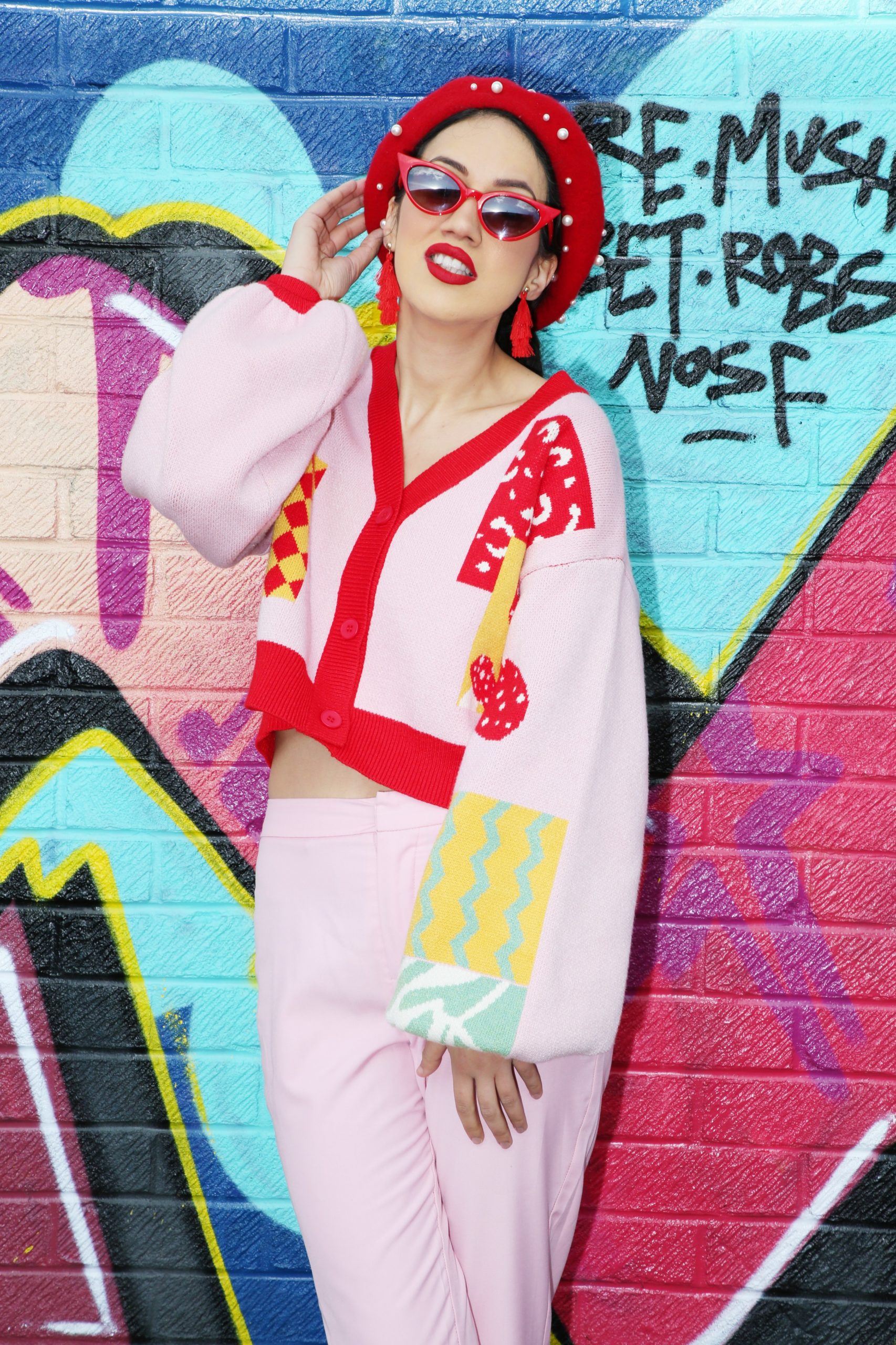
Managing your taxes is so important. Why? Because money anxiety can prevent you from having financial freedom as a freelancer, like you deserve.
My strength is in words, and his is in numbers. My weakness is his strength, and vice versa. I help him with writing, and he helps me with my maths skills. At the end of each Tax year moving forward, I will write up all my earnings (freelance and blogging), which is split into months, as well as any PAYE work, and both PayPal, and bank transfer payments. This in itself takes hours, sometimes days to complete, but my partner working out my earnings, and figuring out how much HRMC would owe me (or I owe them), helps me plan ahead. If you struggle with money like I do, then why not try accountants for freelancer? A specialist accountant can help you manage your earnings, and give you financial freedom as a freelancer. You won’t get bogged down with bookkeeping, and tax jargon, and will be stress-free. Over the years I would often get nervous as to whether I was doing my taxes right, so having an accountant earlier would have saved me a lot of stress, and hardship.
So how else can you stay on top of your taxes? Alongside having an accountant, it is important to track your expenses, incomings and outgoings. I have a digital record, as that is a lot easier than me keeping a bunch of receipts that are just going to get crumpled at the bottom of my bag. Plus, it is better for the environment! I use my bank account, invoice sheets, and PayPal to work out my expenses, as well as my income, and am careful about what I expense. If I have genuinely brought something for work, then of course, I will expense that. As a blogger, some of the things that you can expense includes travel, website and hosting costs, new laptop, camera and even your office supplies. After all, these are things that you would have access to in a traditionally employed job.

One word of advice though? Make sure that you don’t mix business with pleasure. You need to seperate the two, and understand the distinction between ‘personal’ and work. That is easier said than done. After all, in my own line of work, there is a very fine line between ‘work’ and ‘play’. Setting boundaries helps you feel financially free. Make sure you are organized, and manage your taxes efficiently. As soon as it is humanly possible, I start doing my tax forms, and send them off, because I don’t want late fines. In the past, when I wasn’t as organized, I got fines from HRMC, which wasn’t fun. I never want to have that again. The quicker I do, the more relaxed I can feel about my finances. I like to do all the taxes in one go, because I am an ‘all or nothing’ type gal, but this approach does not work for everyone. Find what works for you, and run with it.
I would also say that it is important to put some money aside. Why? A chunk of your freelance earnings will go to HRMC. I put aside a few hundred each month (if I can), to go towards my tax bill. However, there have been years where I have not earned enough, and where HRMC has actually owed me money. It really depends on the financial circumstances at the time. Nevertheless, you don’t want any nasty surprises. You can’t always prepare for the worst, but when it comes to finances, I know not to repeat past mistakes. Some people like to ‘pay themselves a salary’, to help put money away. It is whatever works best for you.
Save And Budget (But Be Realistic)

Speaking of budgeting, learning to manage your tax like a pro obviously helps. But there is more to it. It’s about managing your money in a realistic, and healthy way. I had an unhealthy relationship with money before, because I was scared of it. I wish someone had taught me not only how to manage my money, but also how to have a backup plan. I learnt everything the hard way. I am grateful for the opportunity to learn to be more financially literate, but at the same time, would have loved to have avoided the heartache. I spent so many years being terrified of spending money, that I became ‘too careful’. I know what you are thinking, there isn’t such thing. However there is. When you become fixated, you scrimp to the point, that you don’t enjoy the money you earn. Being careful is good, just don’t let it take over your life.
I like to create a monthly maximum spend budget, which takes into account my rent, bills, blogging and freelance costs, as well as extracurriculars, and FUN! I don’t get too down on myself if I have gone over budget, as some months are more expensive than others, but I don’t like to live beyond my means. I know realistically what I can spend to be comfortable each month, so am careful in that respect. Having a monthly budget is important for me, as it helps me during months where finances are less certain. Before, I only used to create a budget for the boring neccessities like rent, and bills. Doing this, made me nervous whenever I was spending money on ‘FUN’, because I hadn’t accounted for it. I have learned to let go, embrace the money that I earn, and not let my fear of finances take over my life. Instead, I have financial freedom as a freelancer, because I budget ‘my way’.
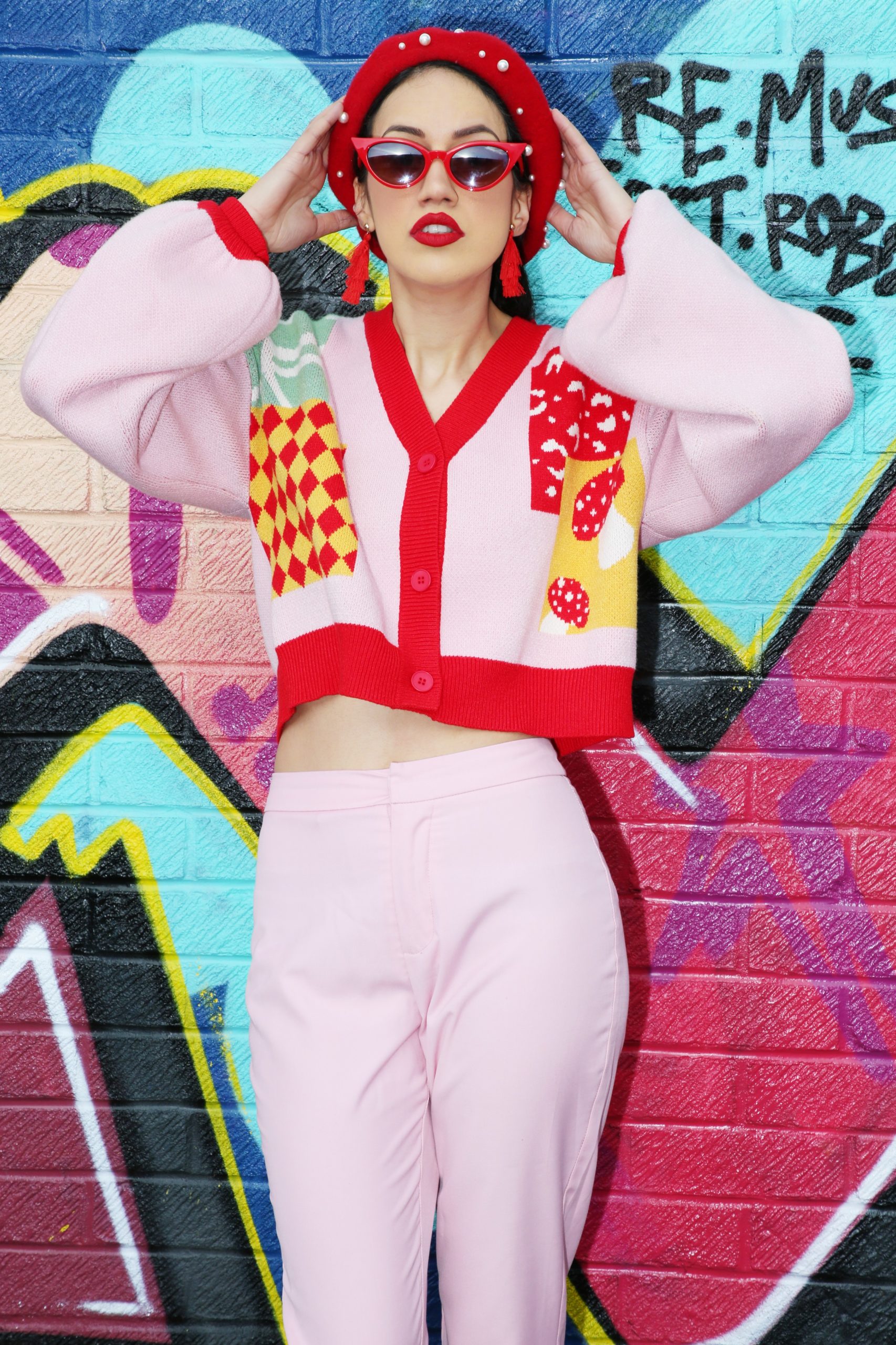
Even when it is difficult to predict your expenses, or income, saving helps you be accountable. I track my expenses, because it helps me keep on top of my taxes. I write down my incomings, and outgoings, because again, it keeps me financially accountable. I also priortize my finances. For example, paying my rent, bills, food, drink, and cat expenditures is more important than me buying a new dress or two. As much as I want that dress, I want to have a home, and family first. When you have paid off what you priortize each month, you can see how much money you have leftover to spend on ‘goodies and treats’. I always make it my mission to buy at least one or two treats for myself per month as part of my self-care. Do I budget self-care? Ab-so-f***king-lute-ly. Why? Because self-care is important, and even if it is something as small as a new bath bomb, it still counts.
Saving, and budgeting money takes discipline, but it will help you in the long-run. I like to sort my savings into ‘long-term’, and ‘short-term’ goals. For example my short-term goal might be that I want to buy a new hoover for my home. My long-term goal might be that I want to completely redecorate my home (within the limitations of renting of course), including art, new furniture, upcycling old furniture, and buying new things for the house. As you can see, a long-term goal involves more time, because it is a lot more expensive. If you think of it from a freelance point of view, a short-term goal might be to save up for a freelance business course . The long term goal might be investing in your own small business, and selling your own products and services.
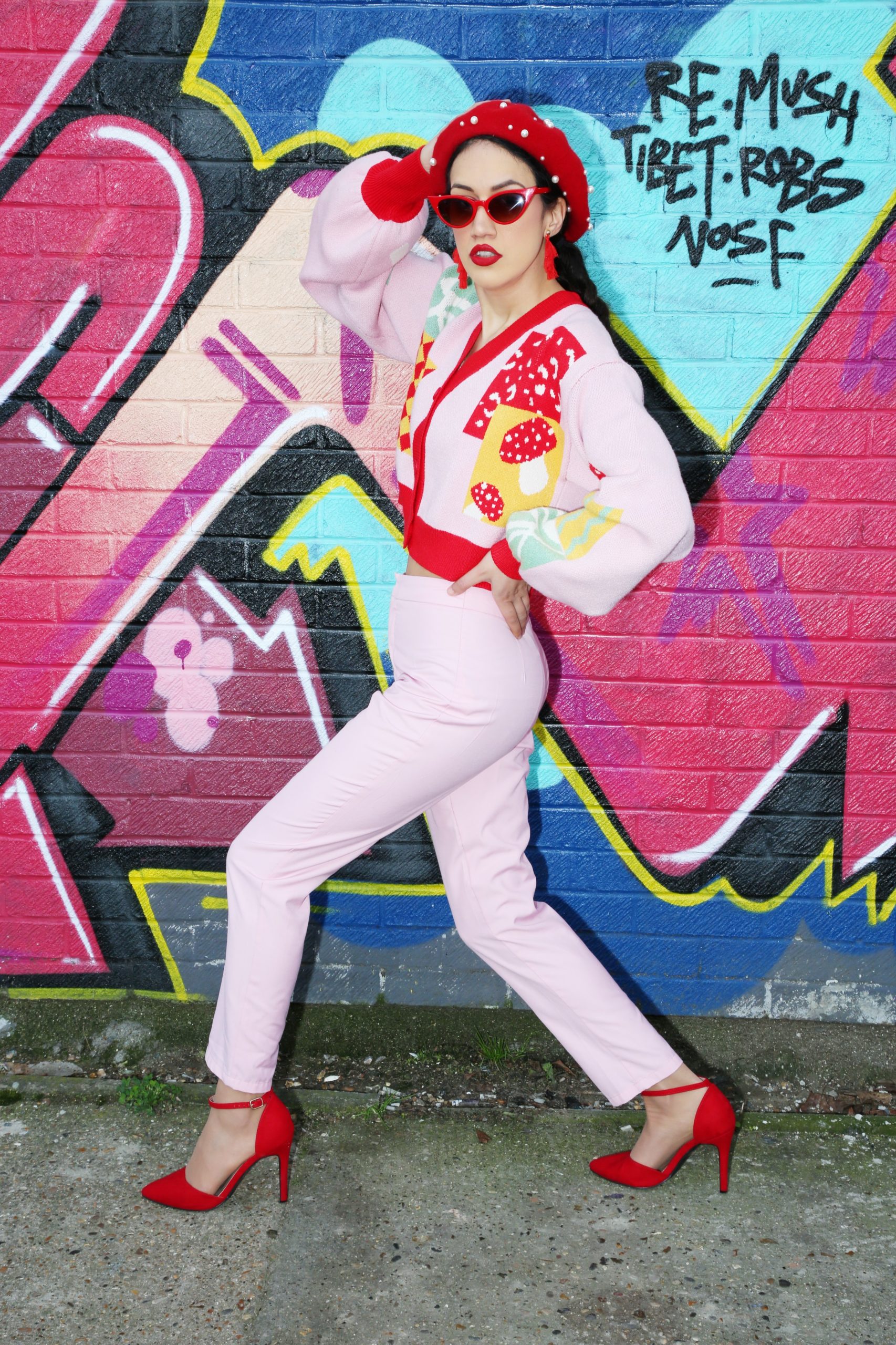
It is important to define your financial goals to successfully get financial freedom as a freelancer. Understand what your short-term, and long-term goals are.
Define Your Financial Goals
Finding financial freedom as a freelancer takes a lot of guts. There is a lot of saving, budgeting, and learning on the job. However, something that will help you immensely is defining your financial goals. In order to plan the future you want, you need to set SMART goals. SMART goals are Specific, Measurable, Achievable, Relevant, and Time-Bound. But what does that mean? First of all, your specific goal has to be clear. You need to have criteria that measures your progress toward the accomplishment of the financial goal.

For example, your specific financial goal could be ‘ I want to get two new freelance clients by the end of this month’. Another specific goal could be ‘ I want to earn £1500 from freelancing this month’. Measurable goals on the other hand involve breaking your goal down into measurable elements. Tangible elements can include what you will see, hear or feel when you reach your measurable goal. I like measurable goals because they help me measure how successful my goals are. A measurable financial goal that I created recently was to increase my freelance income by 30% by the end of the year. Not only did I surpass this ( I mean my freelance income previously was non-existient so not hard), but I also took on two new regular paying clients (specific goal), so I think I smashed it. Having goals helps you achieve the career you have always dreamed of, by being proactive.
You need to remember to make your goals achievable though. Don’t be too hard on yourself if you don’t reach your goal. Just make sure you are setting realistic goals, that are attainable. This is a goal you know you can reach, given your timeframe, skills, and ability. For example if I set a goal saying I want to make £5,000 this month that would be unrealistic, as I know I physically can’t reach this figure given my current earnings. But if I said, I want to earn £1500 this month from blogging, and freelancing, that would be doable because of the monthly forecast, and projections I have already made. On the other hand a relevant goal needs to matter to you. What do you need and want out of your finances? A relevant financial goal to me would be to save money towards a new camera, because I want to improve my photography skills.

Finally a time-bound goal, means setting a deadline to achieve your goal. If you don’t set a time-limit, you might not be as proactive about working towards the goal. Again, it is similar to the other SMART goals, but time-led goals push you forward. A time-bound financial goal I created after leaving full-time employment, was to get 3-6 new clients in three months, which I ended up doubling. During that three month period, I actually got 12 new clients, some of which I still work with to do this day. I quickly realized that was too many clients to work with, but it helped me manage my expectations more realistically.
Consider Investing In Yourself
Investing in yourself is the smartest way to get financial freedom as a freelancer. Why? Because it helps you get your dream life, and work towards the lifestyle you have always wanted. In order to make money, you need to invest in your career, whether that is a new laptop, camera, or putting money aside for a new business you want to create. Don’t think of it as being out of pocket though. Think of it as an investment for your future. Although I am on a budget, when I can I will invest in something blogging, or freelance related to get ahead. For example, my current investment that I am working towards is a new camera, and lens, that will seriously up my photography game.It will also increase what I can offer as both a blogger, and a freelancer.

Investing in yourself is one of the best business decisions you could make to get ahead. Unlock financial freedom as a freelancer today.
I believe that every project that I take on, helps me pay towards each investment. For example, when I brought a new laptop, I was able to complete deadlines faster, because my computer was faster. It was less likely to crash, and loading web-pages for research was quicker, and more efficient. Don’t forget that certain investments can also be expensed. Large (and important investments), like a laptop can be expensed because you use it for your job. As a freelancer you work remotely, so having your own working laptop is a neccesity. On the other hand, if you are a photographer, having a high quality camera, and equipment can help you boost your portfolio and attract the clients that you deserve.
From a writing point of view, your investment might be setting up your own website, blog or portfolio, creating your own writing agency, taking a course, or go to networking events to build your contacts or connections. Each investment, no matter whether it is big or small, needs to be relevant to your business. Just like the S.M.A.R.T goals above, your investment has to be specific, measurable, achievable, relevant and time bound. If I hadn’t of invested in a new laptop, a better website host, switched domain provider, or invested in SEO tools, I wouldn’t have been where I am today. I am very careful about the investments I make, and think about them from a short-term, and long-term point of view. For example a short-term investment would be enrolling in an online blogging course to increase passive income. A long-term investment would be saving up for a tool like AHREFS to monitor SEO neccessities like backlinks, domain rating, organic traffic, keywords and more.

There are also creative ways you can invest in yourself if you are on a budget. This can be going to free networking events in your industry, attending workshops, and webinars, going to online events, connecting with relevant individuals across social media, and making yourself seen and heard. You can also join relevant groups to find freelancing opportunities, jobs, and companies, brands, and people. Gradually, your unpaid investments will translate into you being able to afford paid investments. The way I see it, is that investing in yourself, starts simply. It is all about believing in the power of you. Believing that every investment you make helps you achieve your goals. Understanding that your investment is a two way street, and you will see a return. Even though money can make me anxious, when I make an investment, I truly believe in it. Why? Because reframing your mindset helps you decrease your money fear. So goodbye financial anxiety, and hello to financial security as a freelancer.

How Do You Get Financial Freedom As A Freelancer?
*Disclaimer
Please note, this is a collaborative post, but all thoughts are my own, and are not affected by monetary compensation.
Leave a Reply